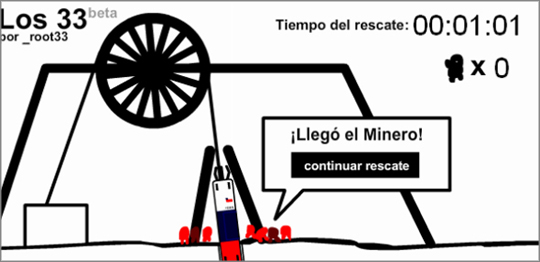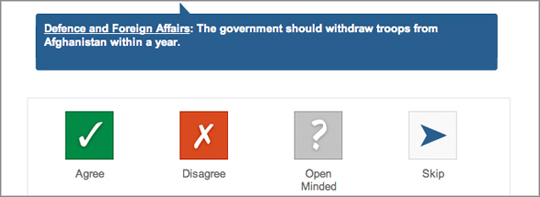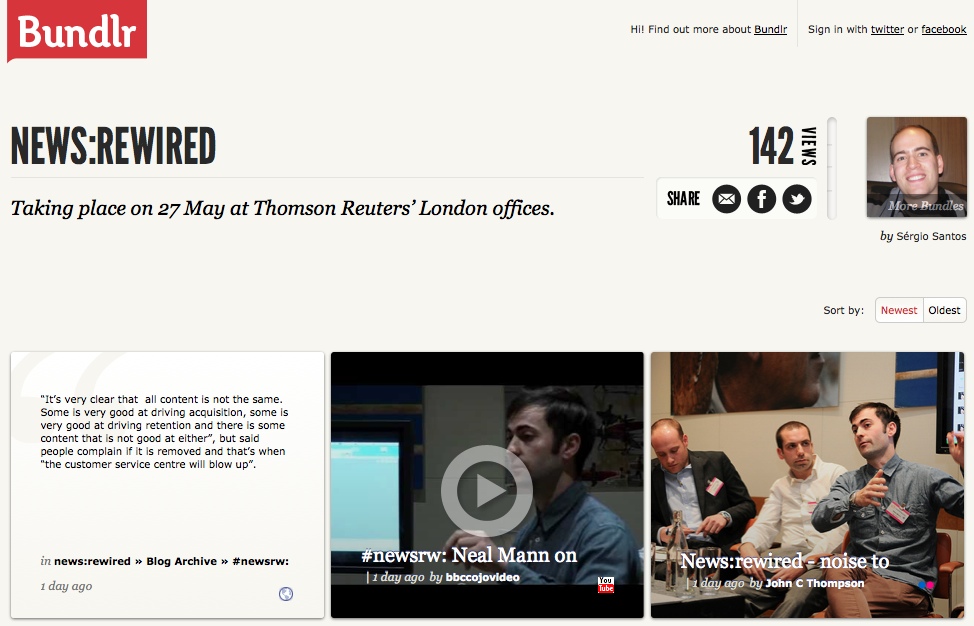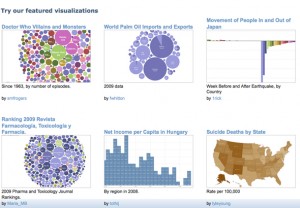One of the sessions at news:rewired – media in motion will look at how newsgames and gaming mechanics are being used in journalism.
Shannon Perkins, editor of interactive technologies at Wired.com and who created Cutthroat Capitalism, a game where the player puts themselves in the position of a Somali pirate, will be coming over from the US to speak at news:rewired. In a Journalism.co.uk podcast he said a reader should “develop a deeper sense of the underlying themes of a story” by playing a game.
Another speaker presenting in the newsgames session at news:rewired is Bobby Schweizer, a doctoral student at the Georgia Institute of Technology and co-author of Newsgames: Journalism at Play. He will also be joining us from the US.
Here is a list of 10 newsgames to give an idea of how games can be used in storytelling.
1. The world at seven billion (BBC)
This BBC interactive, which uses gaming mechanics, is proof that newsgames go viral. The world at seven billion was the most shared and “liked” news story on Facebook of 2011 with 339,149 shares, comments and likes. It was also the most clicked story on Facebook this year and was the fourth most popular news story on Twitter in 2011 with 73,783 tweets.
2. Charlie Sheen v Muammar Gaddafi: whose line is it anyway? (Guardian)
A newsgame was also the second most popular news story on Facebook in 2011, with 219,023 shares, likes and comments. It is the Guardian quotes quiz where readers are asked to guess whether a line is a quote from former Libyan leader Muammar Gaddafi or actor Charlie Sheen.
This one was “produced very quickly”, according to the Guardian, and is an idea that could inspire small news organisations without a budget for big game development.
3. Cutthroat Capitalism (Wired.com)
This newsgame was created by news:rewired speaker Shannon Perkins after reading an article in Wired Magazine. The player becomes a Somali pirate. The game states:
You are a pirate commander staked with $50,000 from local tribal leaders and other investors. Your job is to guide your pirate crew through raids in and around the Gulf of Aden, attack and capture a ship, and successfully negotiate a ransom.
4. Los 33 (Chilean miners) (Chilean design firm Root33)
This newsgame is based on the rescue of the Chilean miners trapped underground in 2010. According to Bobby Schweizer, who will be speaking at news:rewired, the game, which asks the player to rescue the miner, provides an insight into the slow process involved in rescuing each miner.
You perform the rescue 33 times if you want to finish the game – which is impossible really to complete. It’s trying to get across that concept that maybe you can’t explain in a written article.
When you see video clips edited together of each of the miners returning to the surface you have three to five seconds of each of their faces, you don’t get that real sense of how long it actually took. The game was able to express that in the way that other stories couldn’t.
5. How should I vote in the General Election? (Telegraph)
This is a game produced by the Telegraph. It asks users to answer a series of questions to find their values and concerns. The game then cross-checks responses with party pledges and the player is then told how they should be voting. This game received much attention as voters were often surprised by the results the game returned.
6. The budget calculator (most major news sites)
Perhaps the most widely used form of gaming mechanics used in news is the budget calculator. The viewer enters a salary, the fuel-type of their car, amount of alcohol units consumed per week and other details and then gets told how much better or worse off they will be based on the new budget.
This budget calculator from the BBC shows gaming mechanics in online news is nothing new – going back at least 10 years. Here are BBC examples from 2002, 2003, 2004, 2005, 2007, 2008, 2009, 2010 and 2011.
7. Christmas on the high street: retail winners and losers (Guardian)
At the beginning of this year the Guardian produced an interactive based on the Monopoly board. By clicking on each retailer the player finds out how business faired last Christmas.
8. Obameter (PolitiFact)
PolitiFact also uses gaming mechanics, such as with its Obameter, which tracks the US President’s campaign promises, the Truth-O-Meter (which also comes in app form) to test politicians’ and the GOP Pledge-O-Meter to rank political promises.
Speaking at the World Editors Forum in October founder and editor of the site Bill Adair said he felt there was “a tremendous lack of imagination” in the news industry in how to take advantage of new publishing platforms.
It’s like we’ve been given a brand new canvas with this whole palette of colours and we’re only painting in grey. We need to bring all the other colours to this new canvas.
9. Dollars for Docs (ProPublica)
US investigative news site ProPublica regularly uses gaming mechanics in news stories, such as with Dollars for Docs which enables people to find out whether their health professional has received money from drugs companies. Speaking at the World Editors Forum Scott Klein, editor of news applications, told the conference that as well as adding context, a news app has the ability to personalise and place the user at the centre of the story and offer them the ability to see the impact on them. “It doesn’t just tell a story, it tells your story,” he said.
10. Fix the deficit (New York Times)
Here’s a budget puzzle from the New York Times. The reader is asked to work out where to make spending cuts to balance the books and hopefully get a sense of the financial challenges, tough decisions and the size of the shortfall.
Want to find out more about newsgames? Book a ticket for news:rewired here.
Recommended reading, viewing and listening:
- Newsgames: Journalism at Play, by Ian Bogost, Simon Ferrari and Bobby Schweizer (who will be speaking at news:rewired)
- The European Journalism Centre has an interesting post on newsgames that includes links to other examples of games
- This video on a session on gaming in news at ONA11, a US conference for journalists
- Matt McAlister from the Guardian has blogged on a related theme asking whether journalism can fuel game development
- A post by Philip Trippenbach, currently editor-in-chief of Citizenside and about to take up a new role at Edelman Digital who frequently blogs about video gaming and gaming mechanics details a talk he gave at a previous news:rewired
- Mary Hamilton has blogged about news games back in 2009
- There is also a Journalism.co.uk podcast on how video games can tell news stories
This is a cross-post from news:rewired.














